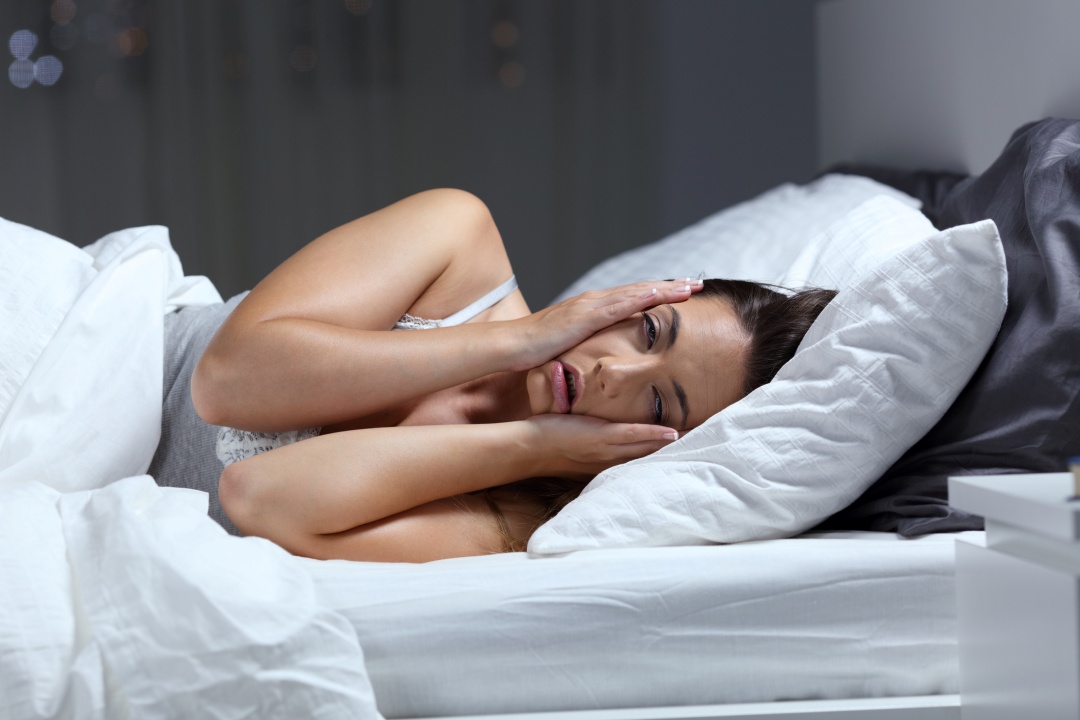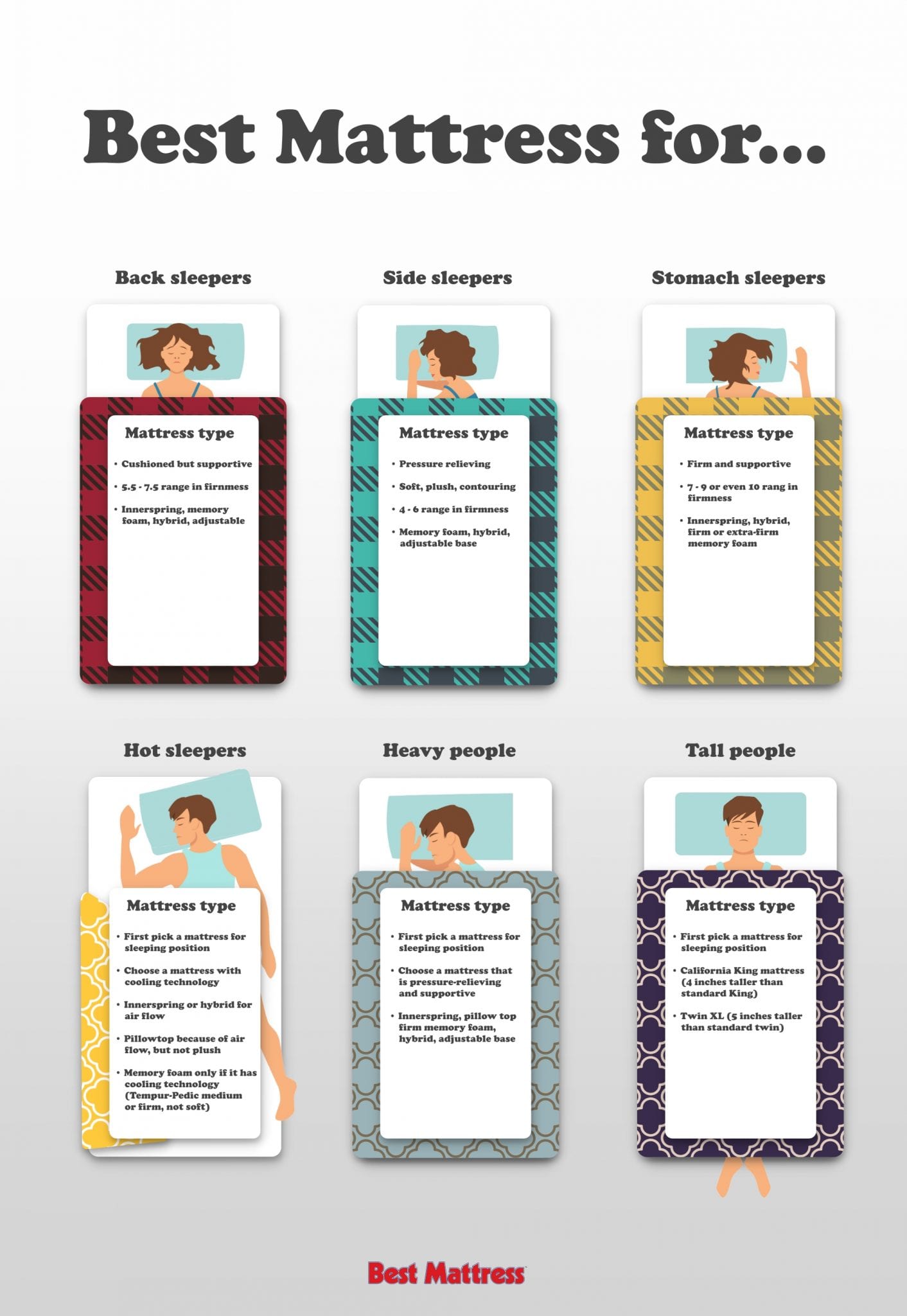
We hear it all the time: Sleep is important, and you need to get in the right number of hours each night. However, people often fail to realize just how useful effective sleep is across so many parts of our lives. Feeling rested has some clear benefits, but proper sleep can affect nearly every part of your life. Here are some of the ways proper sleep habits will pay off significantly over time.
Better Work Performance
Just showing up to work is important, but being productive on the job will help you get the raises and promotions you’re looking for. Sleep ensures you have the energy needed to make it through the day. It also ensures you’re mentally able to be productive. In addition, getting enough sleep can help you when it’s crunch time. You will stand out from your coworkers who begin to fade when the going gets tough. Think of sleep as an investment in your financial future through better job performance.
Avoiding Accidents
Statistics vary, but one fact is clear: Those who get the right amount of sleep are far less prone to accidents. If you drive regularly, note that excessive tiredness can have a similar effect to being intoxicated, putting you and others at significant risk. Fatigue has been heavily associated with workplace accidents, which can cause debilitating injuries, even at seemingly safe jobs. We place a significant emphasis on avoiding distracted driving, but sleepy driving can be just as bad or, perhaps, even worse.
Achieve or Maintain Your Ideal Weight
We aren’t quite sure why, but we know that a lack of sleep and weight gain are closely tied together. Some think the effect is due to the added stresses sleeplessness places on the body. Others believe that those who don’t get in enough sleep hours simply consume more calories than their well-rested counterparts. Regardless, if you want to lose weight or maintain your current weight, making sleep a top priority is critical for ensuring you’re successful.
Avoid Unneeded Stress
The issues above can all lead to added stress and anxiety, but the trouble goes even deeper. People who don’t get in enough sleep will experience significantly more stress than those who practice proper sleep habits. Perhaps one of the most insidious aspects of poor sleep is how it can compound. Poor work performance adds to your stress, which can make it more difficult for you to fall asleep at night. This vicious cycle can have devastating effects over time. Even if you don’t acutely feel the effects of stress or anxiety on a daily basis, it might surprise you how much better you feel once you commit to getting enough hours of rest every night.
Make Better Decisions
Our brains consume a tremendous amount of energy, and the brain simply doesn’t work as well when it doesn’t have enough time to rest and recuperate. Making poor decisions can lead to a host of personal, professional, and family problems. Failing to stay on top of your sleep can cause you to make small and large mistakes you’ll regret later. Again, make sure to think of sleep as an investment. Dedicate a bit of time and effort to ensure you’re well-rested. This effort pays off as the cumulative effect of making wise decisions in your life.
In our day-to-day lives, we often feel that we simply don’t have enough time to get everything done. When this happens, sleep is often the first thing to go, which can lead to a vicious cycle where we need even more time to make up for the problems poor sleep causes. No matter where you are in life, if you aren’t getting enough sleep, you’re likely suffering as a result. Dedicate yourself to making sleep a top priority and enjoy the benefits for years and decades to come.
How to Fall Asleep Quickly and Keep Sleeping All Night

As we mentioned, getting enough sleep each night is good for our health. It keeps our bodies working optimally and helps counter the effects of stress. However, some people struggle to fall asleep or have interrupted sleep throughout the night.
If you have insomnia, you may experience fatigue, poor concentration, and elevated levels of stress. Luckily, there are things you can do to help fall asleep faster and stay asleep. Now that we know why sleep is so important and how a lack of sleep is damaging, let’s look at ways to fall asleep quickly and stay asleep.
Keep Your Bedroom Cool

TEMPUR-PRObreeze mattress layers for a cool night’s sleep.
When we fall asleep, our metabolic rates slow down, and this causes our body temperature to drop. By lowering the temperature of your bedroom, you might be able to induce sleep more rapidly.
Balance Day and Night Cycles
Our internal body clocks help to regulate our sleep cycles. Our internal clocks require exposure to daylight and darkness every day to maintain a balance. If you don’t get regular exposure to day and night cycles, your internal clock may malfunction, which can make falling asleep difficult. Be sure to spend some part of your day outside getting exposed to sunlight, or if you are staying indoors, then at least turn your lights on. At night, make sure your room is dark – you can use black-out blinds or curtains if needed.
Meditate and Practice Yoga
Feeling stressed can make falling asleep more difficult. One way to calm your mind and reduce anxiety is to meditate or do yoga. If you make time for these practices in your daily routine, you will fall asleep more easily and sleep soundly. This will help you wake up feeling rejuvenated and vibrant.
Don’t Sleep During the Day
Avoid trying to catch up on lost sleep during the day because it can disrupt your sleep cycle and make it harder for you to fall asleep at night.
Relax to Music Before Bed
If you get into the routine of relaxing before bedtime by listening to calming music, you will find it easier to fall asleep. You can even combine listening to soothing music with meditation.
Exercise Regularly
Daily exercise helps our bodies to function optimally. Exercise can also make us feel tired so that our bodies want to rest at night. For maximum effect, exercise a few hours before bedtime and not right before you plan to fall asleep.
Make Your Bed More Comfortable
You might be having trouble falling asleep because your mattress and pillows are too firm or too soft. Find something comfortable to sleep on and see if that makes an impact on your ability to rest well.
Unplug Your Devices
Many people who struggle to fall asleep end up using their devices and phones, which can worsen the problem. Unplug your devices before bed and avoid the temptation to engage with social media or to watch TV while you’re in bed.
Avoid Caffeine
We all know about the effects of caffeine. Drinking caffeinated beverages like tea, coffee, or certain sports drinks in the hours preceding your bedtime can affect your ability to fall asleep. If you’re going to drink caffeine, do that earlier in the day. Also, look for hidden sources of caffeine in your food that could be affecting your sleep.
Additional Resources for Better Sleep
Now you know how important it is to get a great night’s sleep and how to do it. Having a comfortable mattress and bed frame designed to provide the best sleep is also important.
To help you compare the best mattresses and bases, we’ve put together a comprehensive side-by-side comparison of the best mattress technologies and the top three adjustable bases.
Additionally, here is a quick guide to help you choose the best mattress for your sleep type.

